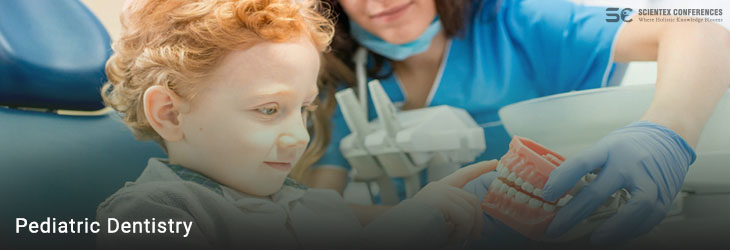Track: Pediatric Dentistry

Sub-Track:
·
Dental Treatment
·
Fluoride and Teeth
·
Gingivitis (Bleeding Gums)
·
Periodontal Diseases
Scientific Highlights
- Neonatology
- Pediatric Otolaryngology
- Pediatric Dermatology
- Pediatric Dentistry
- Pediatric Pulmonology and Heart Disease
- Pediatric Nutrition
- Pediatric Gastroenterology
- Pediatric Nephrology
- Pediatric Endocrinology
- Pediatric Orthopedics
- Pediatric Surgery
- Pediatric Oncology
- Pediatric Infectious Disease
- Child Psychology and Mental Health
- Pediatric Pharmacology
- Pediatric Healthcare and Nursing
- Pediatric Emergency Medicine and Critical Care
- Healthcare and Midwifery
- Pediatric Healthcare
- Preventive Medicine and Community Health
- Clinical case study of Pediatric and Healthcare

